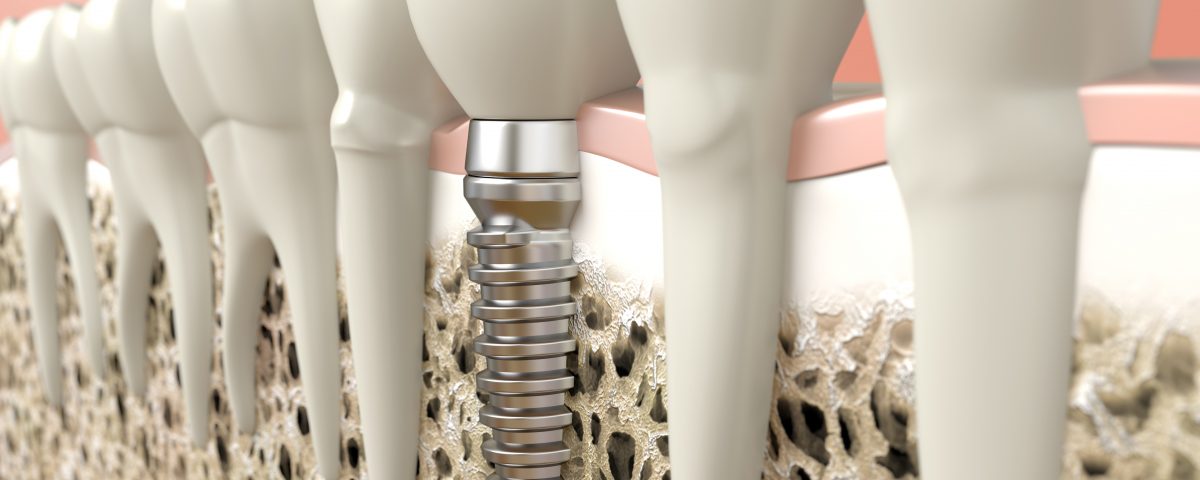- Schedule an appointment today!
- (703) 242-4555
- info@bolducdental.com
Improve The Longevity of Your Dental Implants With Proper Maintenance

Fair Oaks family dental
Improve The Longevity of Your Dental Implants with Proper Maintenance
One of the questions most frequently asked by patients considering dental implants is “How long can I expect them to last?” The simple answer is quite a long time, as long as it integrates appropriately after surgery and you take proper care of them. You can safely assume a lifespan of ten to fifteen years for a prosthetic implant.
The first step toward ensuring the longevity of your implant is choosing a qualified dental surgeon. The concept of oral surgery can be a little overwhelming, but the procedure is painless. The most you should feel when you have your implant installed is a mild pressure. However, not all dentists are qualified to perform these operations. Be sure that you trust your teeth to a reputable dental surgeon in Vienna VA with the right qualifications and experience.
Avoid Smoking and Teeth Grinding with Dental Implants
One major contributing factor in the potential failure of dental implants is smoking. Nicotine buildup negatively influences the blood supply to your gums. The areas that are already compromised after dental surgery will thus be even more susceptible to damaging periodontal disease.
A second major factor is abrasion. Grinding your teeth at night can loosen the cement holding your implant in place. If you grind your teeth, speak with your dentist about solutions to prevent damage to both your implant and your healthy natural teeth. Dental implants are an investment, so it’s important to take care of them. Always follow any specific advice given to you by your dentist.
Dental Implant Care
Most care for dental implants is similar to what is necessary for maintaining natural teeth and physical health. Being sure to consume enough water becomes even more important when you have dental implants. In taking enough water and a healthy diet are important to the dental health of all patients. Those with implants need to be especially careful of avoiding the plaque buildup that can occur when remnants of food get trapped in between the teeth. Be sure to brush twice daily, and remember to floss. Pay special attention to the gum line around your implant, as the blood supply to that area will be less than it is in the rest of your mouth. An infection of the gums could ultimately affect your artificial tooth’s stability, as infections can travel quite quickly to the jaw bone. Most infections can be easily treated without doing any major damage if they are caught early, so it’s important to make your regular dental check-ups a priority.
